What to see in the area
Montierneuf
5 km away
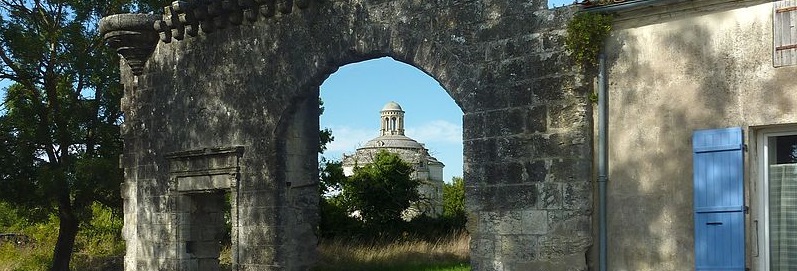
The Montierneuf dovecote is one of the most beautiful Renaissance-style dovecotes in the commune of Saint-Agnant. Built in the early 16th century, its architecture is unique and richly ornamented.
For further information, contact Saint-Agnant town hall on 05 46 83 30 01.
Echillais
8 km away
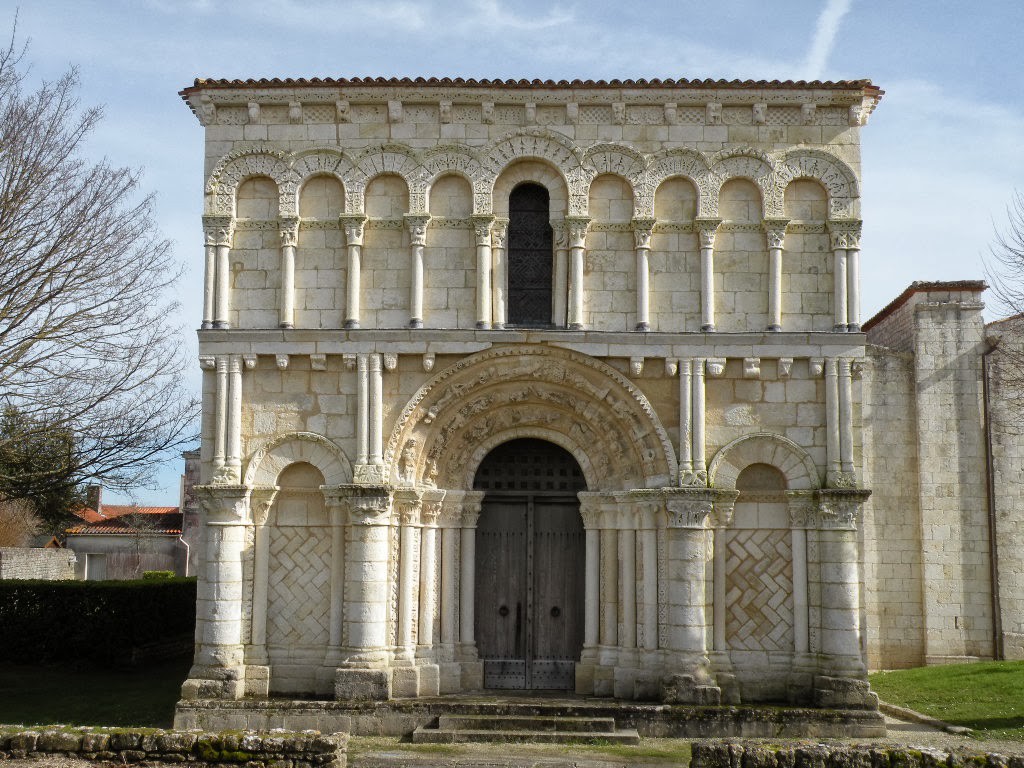
Built in the 12th century, it is one of the most famous Romanesque churches to have made the Saintonge region famous. Its elegant apse and seigniorial chapels are equally remarkable.
Its richly ornate and sculpted portal was restored in 2011.
The Transporter Bridge
8km away
Saint Jean d’Angle Castle
11km away
1180: a stone fortified castle is built at Saint-Jean- d’Angle. Guillaume de Lusignan is reputed to be its founder. He belonged to one of the most powerful families in Poitou, and owed his fame and wealth to a fairy: Mélusine.
In the 12th century, the region was undergoing rapid economic development. In this coastal area bordered by the Baconais forest to the east, land clearing went hand in hand with the development of salt marshes to the west. Around Saint Jean d’Angle, numerous abbeys had already been established for more than a century. In order to benefit from the economic windfall, secular lords came to establish their seigneuries by building castles. Saint Jean d’Angle castle is the only surviving example from this period.
From 1406 to the 17th century, the castle remained the property of the Saint-Gelais family, a younger branch of the Lusignan family. The dwelling built next to the original rampart dates back to the Renaissance.
Brouage
18 km away
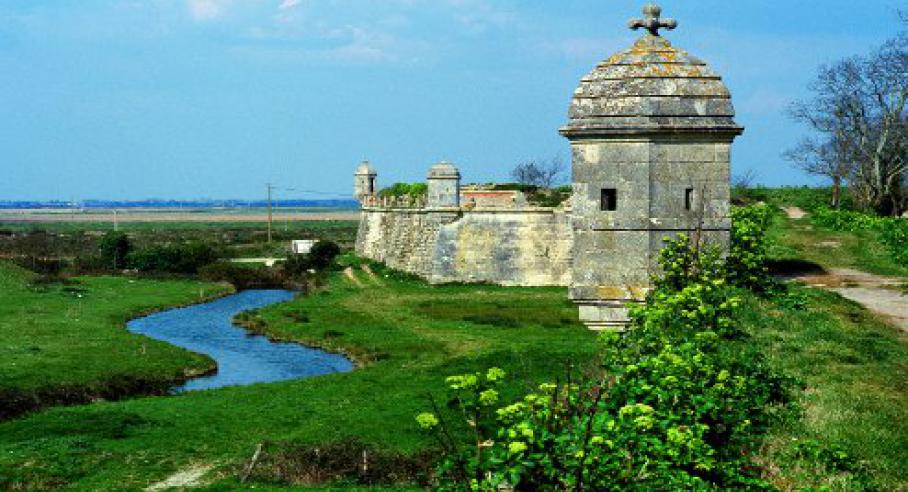
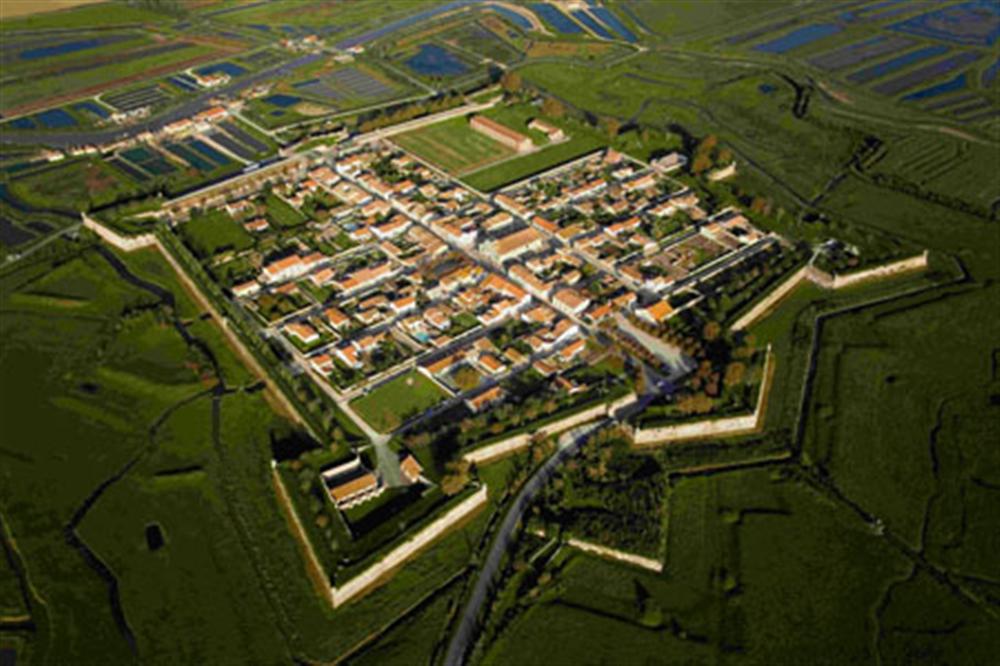
Between Rochefort and Oléron Island, Brouage extends over 3,000 hectares, most of which is covered by marshland offering an incredible diversity of flora and fauna.
Founded in 1555 by Jacques de Pons for the salt trade, Brouage soon became one of the largest ports on the Atlantic coast. Pierre d’Argencourt was commissioned by Richelieu to build the fortifications. Brouage was classified as a Great National Site in 1989.
Discover the history of Samuel Champlain, navigator and royal cartographer, who was born in Brouage and founded Quebec City in 1608.
Rochefort
à14 km away
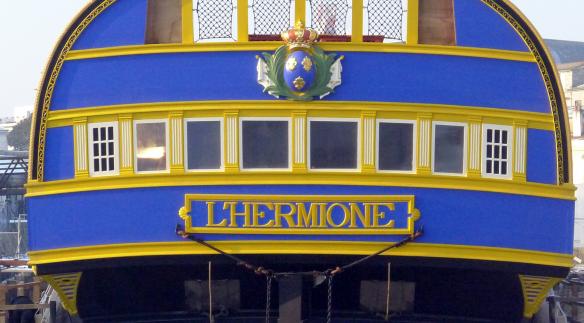
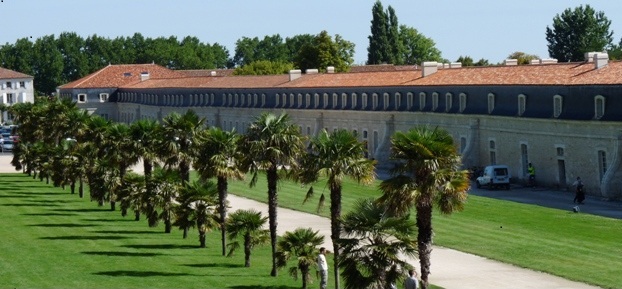
A Town of Art and History, it offers a heritage that is unique in the world, including the Royal Rope Factory, the Hermione shipyard, the dry docks, the former naval medical school, the Naval Hospital and the Jardin des Retours. The Musée National de la Marine, housed in a private mansion in Cheusses, gives visitors an insight into this maritime history.
Fouras
à 25 km
Located at the mouth of the Charente river, the Fouras-les-bains peninsula stretches over 4 kilometres with its five fine sandy beaches and three harbours, protected from heavy swells by the islands of Aix, Oléron and Ré. Planted with holm oaks and pines, it offers visitors a green and relaxing setting. Fouras-les-Bains has been a seaside resort since 1850, and the sea-bathing craze of the 19th century helped make it a major tourist centre in Charente-Maritime.
Port des Barques
Situated on a headland at the mouth of the Charente, Port des Barques is one of the rare maritime sites where you can still find peace and quiet and admire an exceptional landscape. The coastline offers a varied and well-preserved environment (classified site since 1998): sandy beaches, cliffs, mudflats and a seawater reservoir that is accessible at all times for swimming.
You can see the Charente islands of Oléron, Madame, Aix and Ré all in the same panoramic view. It’s also a window onto the Charente’s channels.
Ile Madame
Situated in the Charente estuary, in the tourist municipality of Port-des-Barques, Madame Island covers an area of around 70 hectares. At low tide, it is “attached” to the mainland by a 1km natural tombolo known as the “Passe aux Boeufs”, which is extended out to sea by a rocky plain known as the “Passe aux Filles”. It is accessible at low tide, preferably on foot or by bicycle. It is a fragile area that must be respected and protected. At the highest point of the island, 18 metres above mean sea level, the fortified complex of Ile Madame, covering an area of 4.4 hectares, has been entrusted to the Coastal Protection Agency (Conservatoire du Littoral). From the seventeenth century onwards, this fort made the island a link in the defence system of the coastline, the Charente estuary and the Rochefort Arsenal. You can visit the fort in the company of a guide from the Port-des-Barques Ecomuseum.
Panloy castle
21 km away
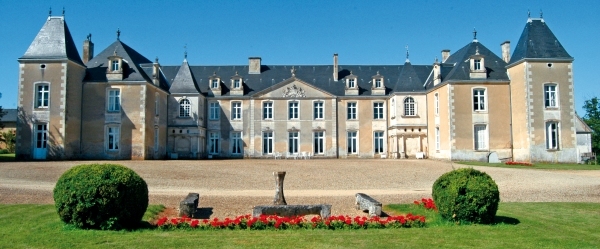
The current château, built between 1770 and 1772 for the Baron de Saint-Dizant, is U-shaped. The façade is centred on an overhanging triangular pediment sculpted with the family crest, which was added during major extension and embellishment works undertaken around 1870 by the Marquis Gaston de Grailly, who stayed at the castle.
Crazannes castle
20 km away
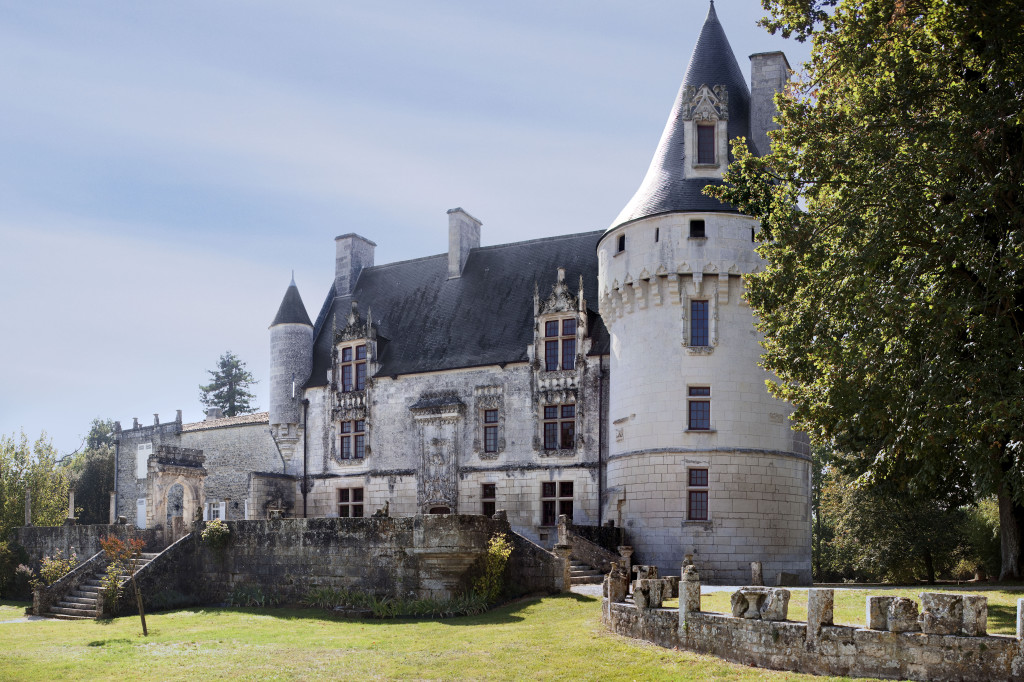
Listed as a Historic Monument, Crazannes Castle was built in the 14th century on the site of a former feudal castle. Its nickname of “Château du Chat Botté” (Puss in Boots) dates back to the 17th century, when it was owned by Jules Gouffier, Count of Caravaz. This eminent figure inspired Charles Perrault to create the Marquis de Carabas, Master of Puss in Boots in his famous tale.
La Roche-Courbon castle
à 15 km away
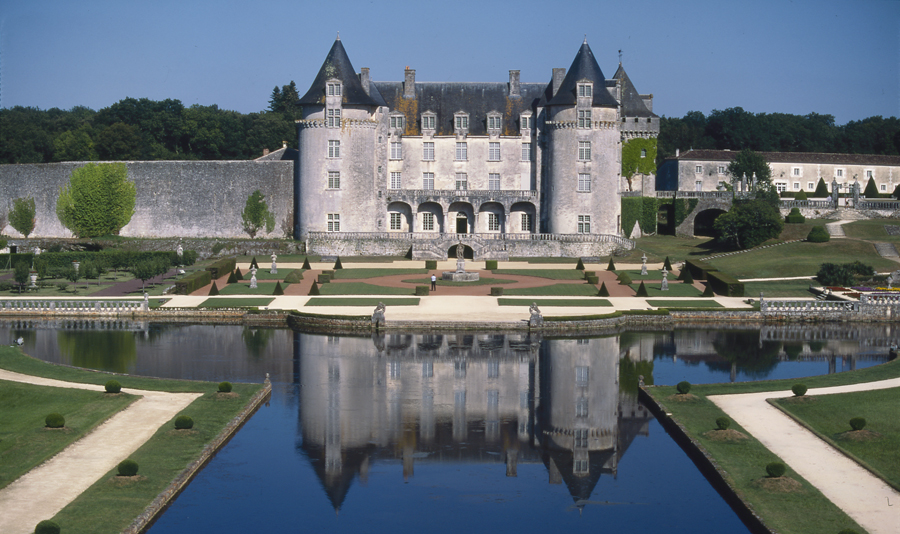
In 2004, the Château de la Roche Courbon was awarded the State label “Remarkable Gardens”.
The castle and gardens are also listed as Historic Monuments.
Saintes
27 km away
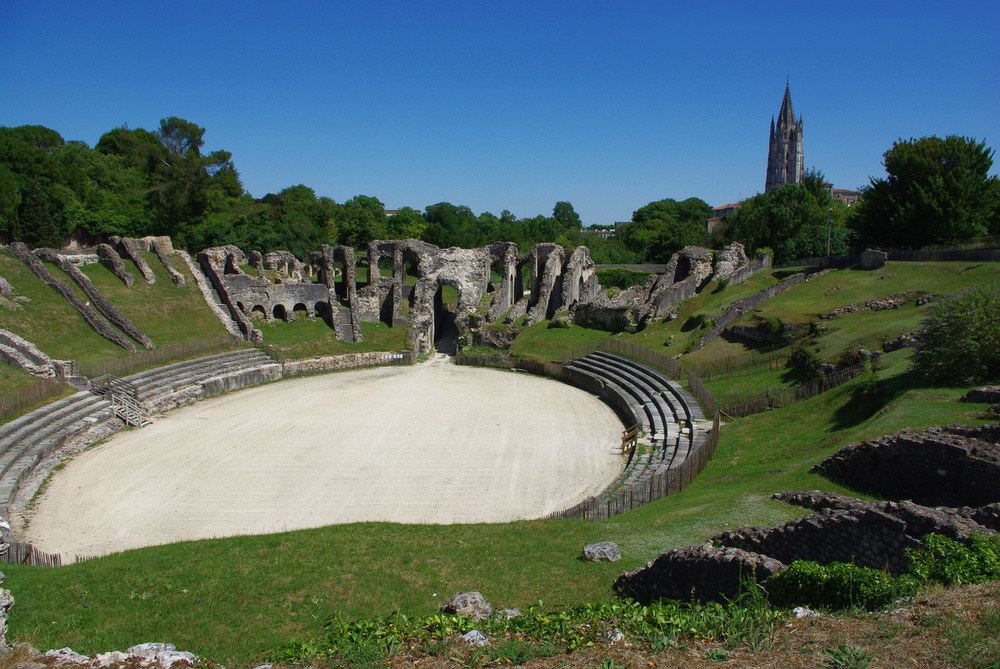
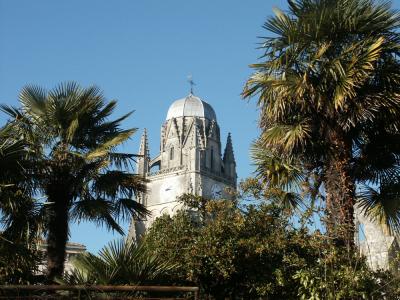
Mediolanum Santonum, now known as Saintes, was first developed by the Romans. Situated on the Agrippa road that linked it to Lyon, it still preserves the remains of a prestigious Roman city! In the 10th century, Christian fervour transformed the Saintonge valley, dotting it with Romanesque buildings featuring magnificent sculptures. Even today, Saintes is an important stopover for pilgrims on their way to Saint-Jacques de Compostelle.
Oléron island
27 km away
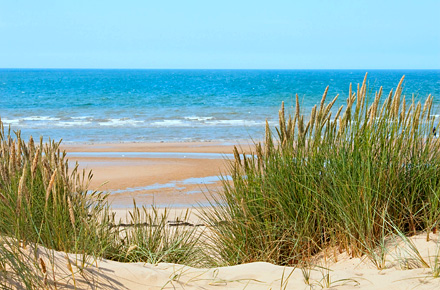
The Marennes-Oléron region stretches along more than 100 kilometres of coastline. A large part of this coastal strip is home to numerous beaches. With their fine white sand, small dunes and waves that are often present when the tide rises, these vast expanses are ideal for lazing around and taking part in sporting activities, especially for board sports enthusiasts. If you want to get away from it all, a short walk is all you need to find some peace and quiet.
Royan
34 km away
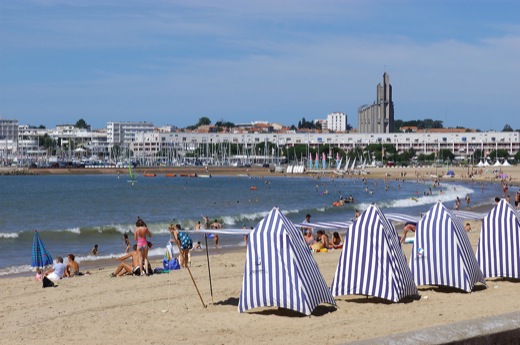
Royan has many assets, not least the quality and variety of its architecture, with its “Belles Epoque” villas and 50s town planning, unique in Europe. ROYAN is a lively resort, with a range of sporting and cultural activities for all generations, a thalassotherapy institute and a casino to help you relax, as well as numerous events throughout the year.
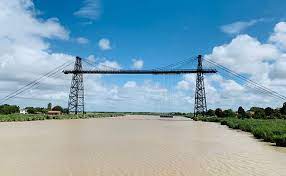


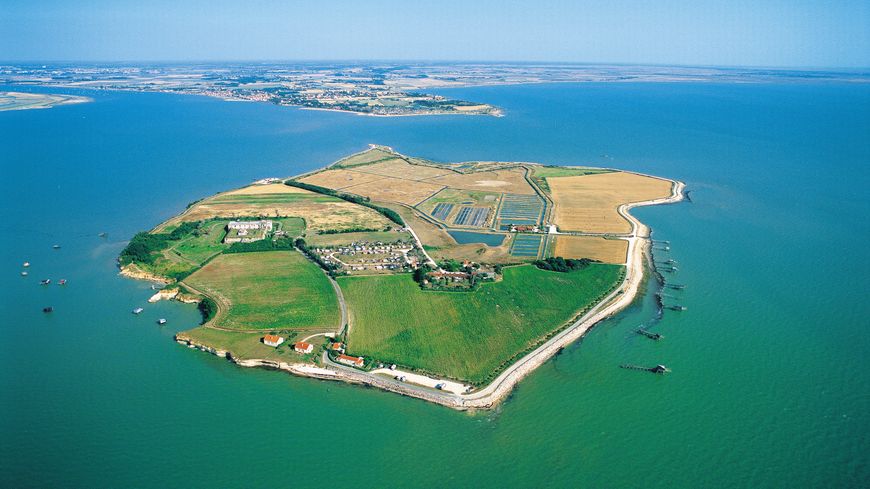
Leave a Reply
You must be logged in to post a comment.